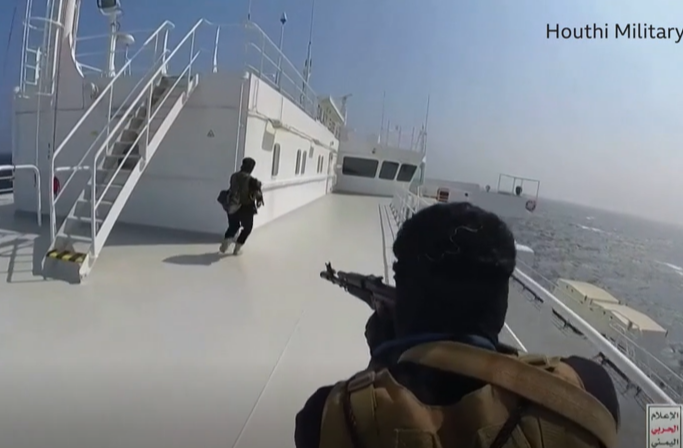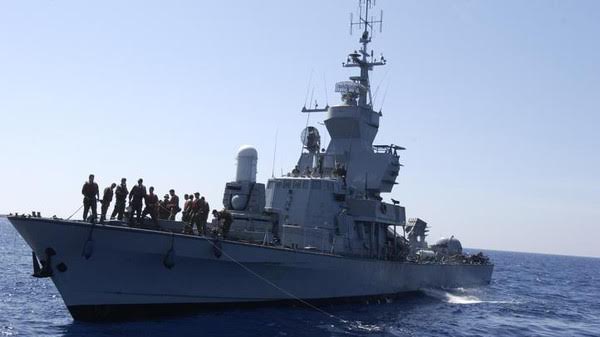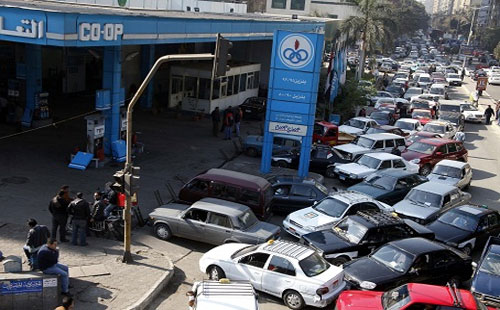East African countries have been hit hard by higher freight costs and longer cargo delivery time, as Yemen’s Houthi rebels step up attacks on ships traveling through the Red Sea to the western end of the Indian Ocean.
Ports in Kenya and other East African ports should expect slower business in the immediate future as global shipping lines shun the Red Sea route over the Houthi attacks that affect global trade. Grain, oil, natural gas and all sorts of goods travel through the waterway separating Africa and the Arabian Peninsula en route to the Suez Canal, where 12% of the world’s trade passes. According to experts, the attacks by the Iranian-back rebels on commercial ships that pass through the Red Sea have been increasing risks to global trade, prompting the world’s largest container shipping companies to divert their container ships and oil tankers to take a much longer route around the Cape of Good Hope at the southern tip of Africa instead.
That means traders using the Kenyan port of Mombasa and Tanzanian port of Dar es Salaam, for example, could face higher costs as shipping lines avoid the shorter route to avoid attacks by the Houthi rebels. Already at least two ships carrying some of the Kenyan goods have reportedly been diverted to take a longer route, which could take an extra 13-14 days. “The return of containers and our exports will be delayed,” says Gilbert Lagat, CEO of the Shippers Council for Eastern Africa (SCEA), because SCEA members rely on transshipment.
Kenya Ports Authority was expecting at least 26 container vessels, 23 conventional ships and six tankers, between 18 and 28 December. As global shipping lines shun the Red Sea route, businesses in Kenya and landlocked countries in the region using the Port of Mombasa are expecting a sharp increase in freight costs, which will ultimately push up the cost of goods for consumers.



